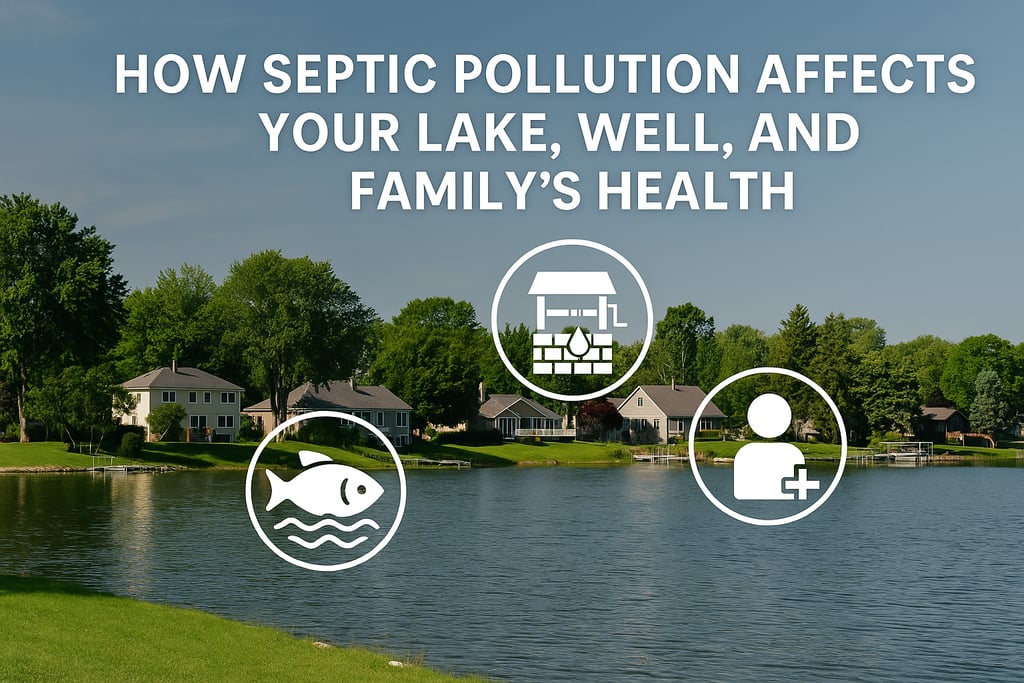How Septic Pollution Affects Your Lake, Well, and Family’s Health
When a septic system quietly fails, the consequences often go unnoticed until it’s too late. What starts as a small leak beneath your lawn can end up polluting nearby lakes, contaminating your well water, and even putting your family’s health at risk.
Bob Childs
10/3/20252 min read


When a septic system quietly fails, the consequences often go unnoticed, until it’s too late. What starts as a small leak beneath your lawn can end up polluting nearby lakes, contaminating your well water, and even putting your family’s health at risk. At CSHEA, we believe that understanding these risks is the first step toward prevention.
The Hidden Path of Pollution
A septic system’s job is to treat wastewater before it returns to the soil and groundwater. But when a system is aging, overloaded, or poorly maintained, untreated wastewater can seep into the surrounding environment. This contaminated water can move underground and enter private wells or nearby streams and lakes, carrying harmful bacteria, viruses, and nutrients such as nitrogen and phosphorus. Because the flow happens beneath the surface, homeowners often don’t see the problem until the damage is done.
Impact on Lakes and Waterways
Septic pollution is a leading cause of algae blooms that choke lakes and ponds. Excess nutrients from failing systems feed algae growth, turning once-clear waters green and murky. These blooms can reduce oxygen levels in the water, harming fish and other aquatic life, and can even produce toxins that are dangerous to pets and humans. Communities that depend on lakes for recreation, fishing, or tourism often face costly clean-up efforts — all from problems that could have been prevented at the source.
Risks to Your Family’s Health
If wastewater reaches your drinking water well, it can carry E. coli, Giardia, and other harmful microbes. Consuming contaminated water increases the risk of gastrointestinal illnesses, skin infections, and in severe cases, long-term health complications. Children, seniors, and individuals with compromised immune systems are especially vulnerable. What’s more, contamination can be hard to detect without proper water testing, leaving families unaware of the risks.
What You Can Do
Regular septic inspections and timely repairs are critical to keeping your system functioning safely. If you notice slow drains, sewage odors near your yard, or unusually lush patches of grass above your system, it’s time to get an inspection. At CSHEA, we’re working to make these inspections and repairs affordable, accessible, and environmentally sound. Together, we can stop septic pollution before it reaches your lake, your well, or your loved ones.
Report a Septic Concern: If you suspect a problem with your system, reach out to us through CSHEA.org/contac
Join the Alliance: Support our mission to protect Canada’s water and health by volunteering, donating, or sharing this blog with your community.


